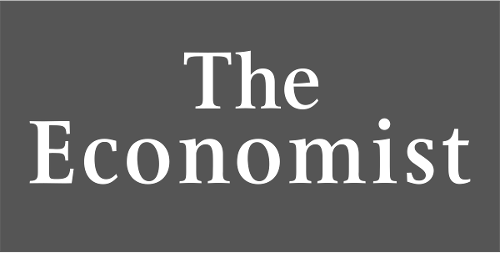Foundation of a Public Limited Company (PLC., Corp.) in Liechtenstein
Legal Structure
The Public Limited Company (PLC., Corp.) in Liechtenstein is a legal entity whose capital is divided into shares (share capital). The assets of a Public Limited Company (PLC., Corp.) in Liechtenstein are wholly liable for the company‘s liabilities. The shareholders of the company are therefore not personally liable.
A Public Limited Company (PLC., Corp.) in Liechtenstein may be formed for the carrying on of commercial or non-commercial purposes. For example, this may include the trading of goods, investment financing or asset management. However, a Public Limited Company (PLC., Corp.) in Liechtenstein is not permitted to be formed for the carrying on of banking activities or asset management for third parties.
Please contact us for a non-binding enquiry by phone or e-mail or use the contact form at the bottom of this page.
Foundation
A Public Limited Company in Liechtenstein (PLC., Corp.) is formed through the filing of the notarised formation deed and the articles of association to the competent Liechtenstein authority. A minimum of two natural or legal entities are required therefor. Notwithstanding this, its share capital may be held by only a sole person after its formation. In order to be formed, a Liechtenstein Public Company (PLC., Corp.) requires to be registered in the Commercial Register. The Commercial Register is a public register.
Minimum Capital
For the formation of a Public Limited Company (PLC., Corp.) in Liechtenstein, a minimum of 50,000 Swiss Francs or Euros or US Dollars must be contributed to its capital at the time of formation. For every share issued, a minimum of 25% thereof is required to be paid in cash. The capital may also be in the form of a non-cash contribution or of a combination of cash and non-cash.
Organisation
General Meeting
The General Meeting of the shareholders is the supreme authority of a Public Limited Company (PLC., Corp.) in Liechtenstein. The General Meeting must be convened at least once per year.
The Board of Directors
The board of directors is the administrative organ of a Public Company (PLC., Corp.) in Liechtenstein. Its membership may consist of one or more than one person. At least one member of the board of directors is required to have his law office address in Liechtenstein and to possess certain professional qualifications. The membership of the board of directors is determined at the General Meeting. Its responsibilities include the management and representation of a Public Limited Company (PLC., Corp.) in Liechtenstein.
Appointment of an Auditor
A Public Limited Company (PLC., Corp.) in Liechtenstein must appoint an auditor to audit its annual accounts. The said accounts must be submitted to the tax authority of Liechtenstein.
“Qualified” Managing Director
If a Public Limited Company (PLC., Corp.) in Liechtenstein is operating as a commercial business, a “qualified” managing director must be registered in the Commercial Register.
Liquidation
The earliest point at which a Public Limited Company (PLC., Corp.) in Liechtenstein can be liquidated is after the expiry of a period of six months following the issuing of the third notice to the creditors. A Public Limited Company (PLC., Corp.) can relocate its registered office abroad at any time.
Tax Structure of Public Limited Companies (PLC., Corp.) in Liechtenstein
Stamp duty in the form of a sales charge of 1% must be paid by a Public Limited Company (PLC., Corp.) in Liechtenstein when it is formed and, secondly, if there is an increase in its capital. Notwithstanding this, no stamp duty is required to be paid on the first one million Swiss Francs.
In addition, a Public Limited Company (PLC., Corp.) in Liechtenstein is required to pay corporate income tax annually. In accordance with Liechtenstein‘s Tax Law of 1st January 2011, an annual flat income tax rate of 12.5% of a Public Limited Company‘s (PLC., Corp.) taxable income must be paid. Due to the interest deduction on equity capital, a deduction of 4% is applicable when calculating a Public Limited Company‘s (PLC., Corp.) tax liability. The minimum income tax is currently 1,200 Swiss Francs. Furthermore, following the introduction of the Private Asset Structure (PAS), Public Limited Companies (PLC., Corp.) in Liechtenstein that are not carrying on commercial activities and which satisfy the appropriate requirements are required only to pay the minimum income tax of 1,200 Swiss Francs.
Following Liechtenstein‘s tax reform, the capital and coupon taxes have been abolished. Furthermore, tax is not payable on dividends or capital gains made through liquidation- or sale proceeds.






